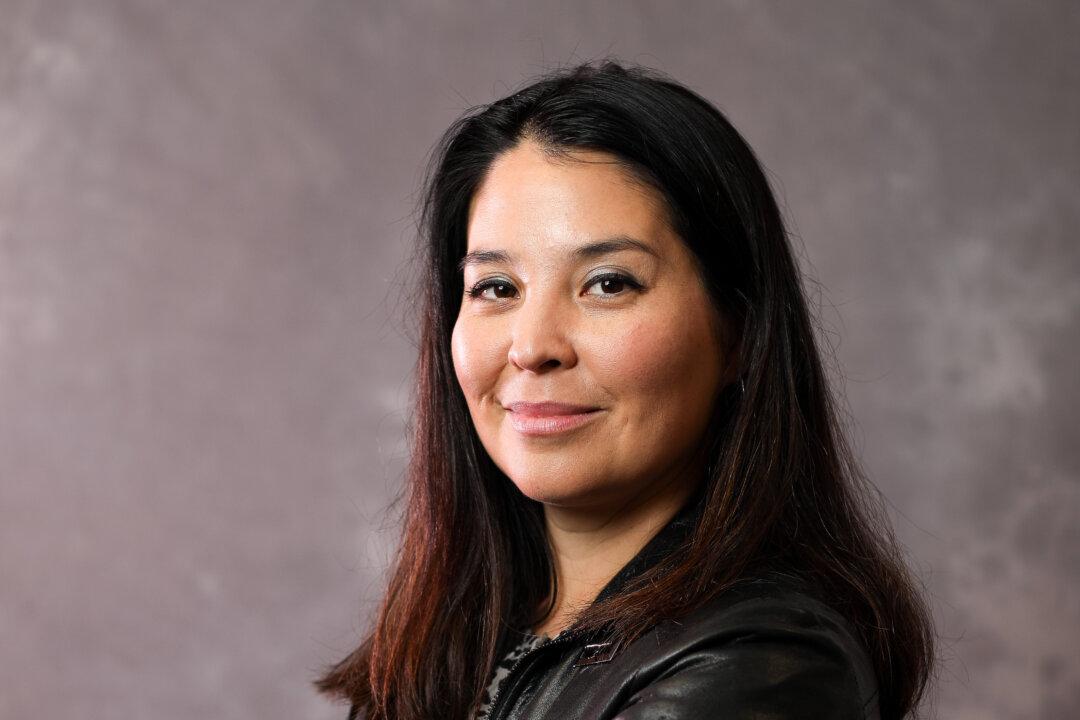Nicole Neily was in college when the 9/11 terrorist attacks happened.
She remembers sending an email to one of her professors, saying she assumed that class would be canceled the next day. She swiftly received a reply to the contrary: class would take place as usual, and if she were not present, her grade would reflect that.






